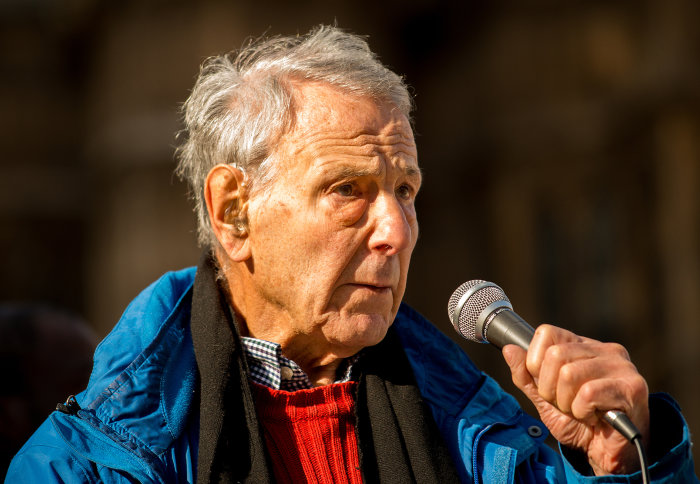Professor Leslie Brent (1925-2019)

A tribute to the late Professor Leslie Brent.
- Prof Leslie Brent (born Lothar Baruch, Köslin Germany, 1925)
- Emeritus Professor of Immunology, University of London
- Professor of Immunology, St Mary’s Hospital Medical School, 1969-1990
Leslie Brent, who died aged 94 in December, was the last link to the earliest experimental research on immunological tolerance and rejection. This work laid the basis for the development of human tissue transplantation, which developed quickly from the late 1950s. As a PhD student in Peter Medawar’s department at UCL in 1953, he co-authored the ground-breaking paper (with Rupert Billingham, a post-doc) which demonstrated that immunological tolerance to a unrelated foreign transplanted tissue could be induced (Nature 1953;172:603).
This paper has been called the most important single contribution to tissue transplantation, led to Medawar’s Nobel Prize in 1960 (he shared the cash equally with Brent and Billingham) and was cited by the Royal Society as one of the most important research publications to arise from its fellowship. Often referred to simply by its authors’ names, it led to Billingham, Brent and Medawar to be known as the ‘Holy Trinity’ of immunology.
His childhood was exceptional; hounded by antisemitism at his school in Berlin, he was in the first wave of the Kindertransport children, arriving alone in the UK aged 11 years, never to see any of his family again. When the charity support for his education in Kent ran out, he took a technician post in Birmingham, then joined the army, anglicising his name to avoid the charge of treason if he was captured. Having demobbed in 1947, he took a degree in Zoology at Birmingham where he was lectured by Peter Medawar, the Professor of Zoology. He joined Medawar’s group as a PhD student, moving with him to UCL in 1951.
Leslie Brent was deeply committed to teaching, training generations of immunologists and medical students at St Mary’s. As well as publishing hundreds of academic papers, he wrote the well-regarded History of Transplantation Biology and his personal memoir, Sunday’s Child.
He also remained committed to the plight of child refugees today, campaigning for the type of intervention that almost certainly saved his own life. This article’s lead image shows him at a 2016 rally in London, calling on the government to enact Lord Dubs' amendment to relocate 3,000 child refugees into the UK.
I (Jonathan) remember Leslie with enormous fondness and respect from his years as Professor of Immunology at St Mary’s; it was in his department that I undertook my Wellcome Trust Clinical Training Fellowship under Tony Pinching’s supervision. Not only an outstanding immunologist, he was a rounded intellectual, a man of great kindness and high moral integrity.

Lead image credit: John Gomez / Shutterstock.com
Article text (excluding photos or graphics) © Imperial College London.
Photos and graphics subject to third party copyright used with permission or © Imperial College London.
Reporter
Jonathan Weber
Department of Infectious Disease
Charles Bangham
Department of Infectious Disease